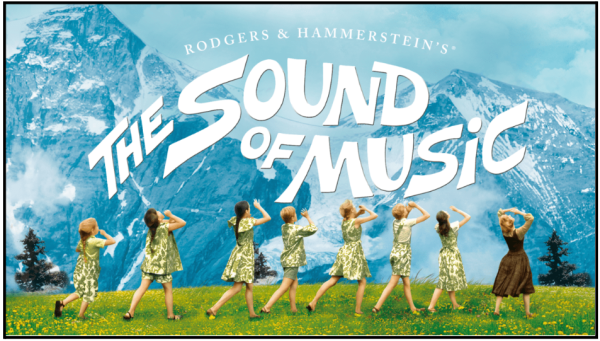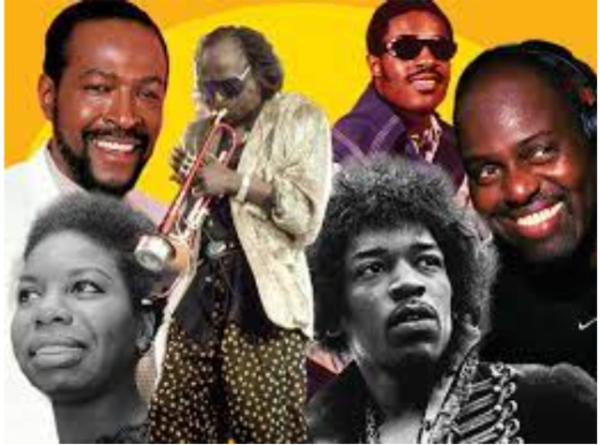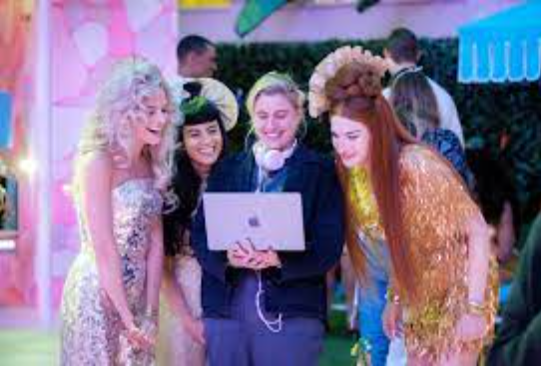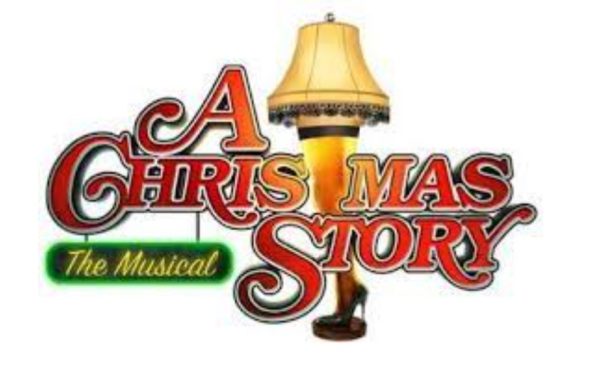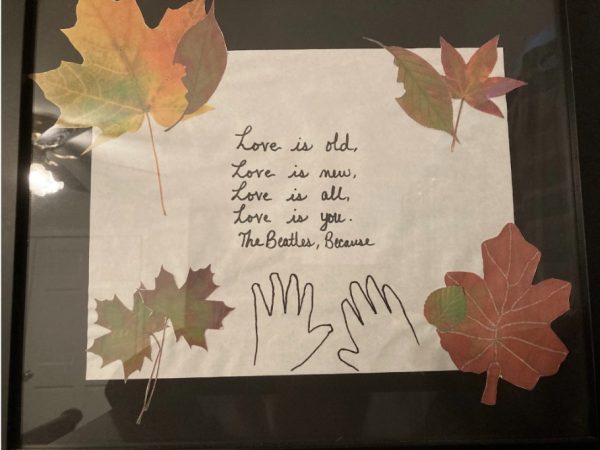The Curse of ‘Macbeth’
February 11, 2016
Shakespeare’s “Macbeth” is a staple in the high school English curriculum. Most students who have read the play have heard about the curse, and like me probably have written it off as superstition. But for some, the evidence supporting the curse presents a strong argument for its reality. Even if you do not believe in curses, you should still honor the superstition around Macbeth because it is tradition.
According to legend, Shakespeare utilized a real seventeenth century black magic ritual in the opening scene of Act IV. This public display of secret witchcraft is said to have angered real witches in the audience, prompting them to curse the play forever. And indeed this curse has supposedly been wreaking havoc on productions of the play since its first performance over four centuries ago.
During the first ever performance of the play in 1606, Hal Berridge, the boy playing Lady Macbeth, suddenly became feverish and died. Shakespeare himself had to take up his role.
In 1672, the actor playing Macbeth used a real dagger, as opposed to the prop he was supposed to use, and killed Duncan on stage right in front of the audience.
In 1775, Sarah Siddons, playing Lady Macbeth, was nearly killed by an enraged audience.
In 1948, Diana Wynyard sleepwalked off a rostrum and fell down 15 feet.
In 1937 Laurence Olivier played Macbeth and a stage weight weighing 25 pounds crashed within an inch of his body, causing his sword to break and fly out into the audience where it hit a man and gave him a heart attack, which later killed him.
In 1942 three actors in a Macbeth production led by John Gielgud died and the costume designer committed suicide among the costumes.
The director of the Australian Shakespeare Company, Glenn Elston, amputated his finger in an onstage accident.
There are still many more instances of this, the supposed “Macbeth” curse. Because of the overwhelming evidence in favor of the curse, superstition prevents people from saying “Macbeth” in a theatre. If “Macbeth” is mentioned in a production, superstition directs the actors to refrain from saying “Macbeth” until opening night and instead use its alternate moniker “The Scottish Play.” Calling the play by its name could mean disaster for the production or its actors, although actors putting up “Macbeth” seem to get a pass for saying the cursed title.
If anyone ever does make the mistake of inciting the curse, they are supposed to leave the theater, spin around three times, curse, spit over their left shoulder, and then wait to be invited back into the theater.
Of course there is no evidence that all of those accidents were anything other than coincidences. Accidents are bound to happen, especially in a play as old as Macbeth. It has been put on for 400 years. Theater technology and safety were not as effective back then as they are today.
However, I still will not be referring to Macbeth by name whenever I’m in the theatre. Not because I believe in the curse, but because it’s just tradition. For 400 years people have believed in the curse, and this practice adds to the appeal of the play. It entices readers and viewers, and adds even more of a thrill to the already adventurous play.


